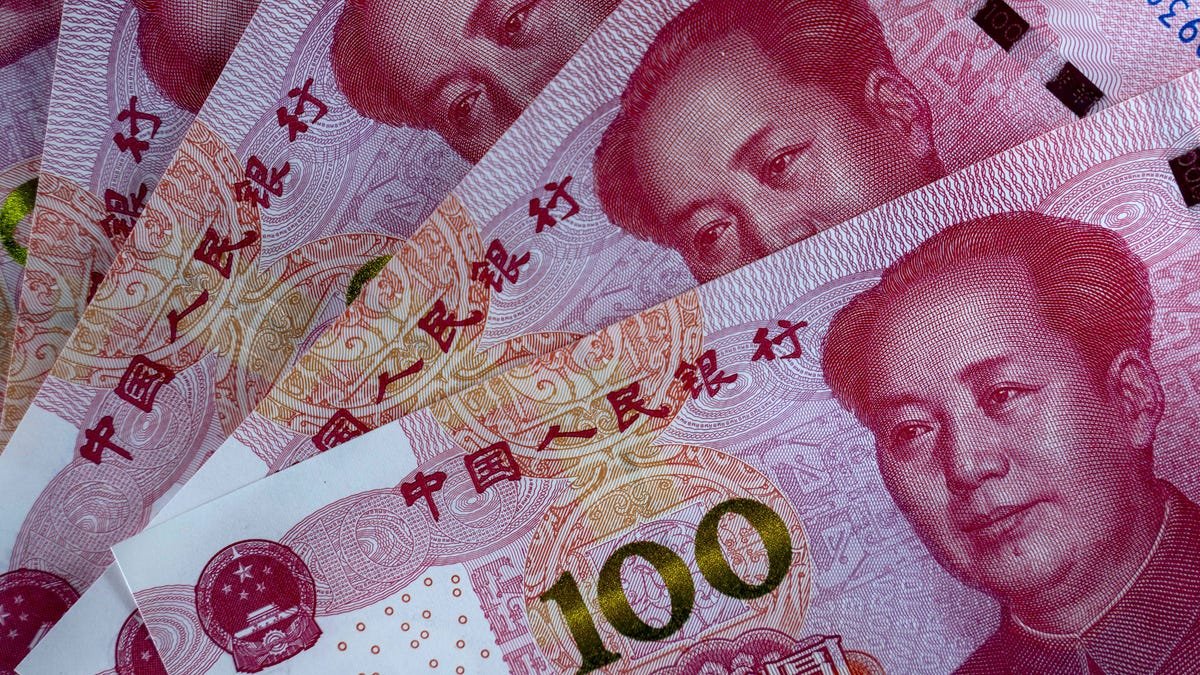SHANGHAI/SINGAPORE, Feb 26 (Reuters) – Chinese banks purchased the most dollars from their clients via FX swaps in January, official data from the FX regulator showed on Monday, suggesting exporters preferred to only temporarily acquire the local currency while holding on to dollars.
Chinese banks’ foreign exchange purchases via swaps from their clients hit $50.9 billion in January, the highest level on record, data from the State Administration of Foreign Exchange (SAFE) showed.
The data shows exporters are increasingly turning to the swap market to convert their overseas earnings and remittances into yuan, rather than outright dollar selling, as they seek higher returns on dollars and wait for better exchange rates.
Such a swap implies exporters give the banks their dollars and receive yuan through a contract that reverses the transaction at maturity.
Heightened interest in using the FX swaps to temporarily acquire the yuan comes as yield differentials between the world’s two largest economies widened in January, as market participants pushed back on the timing of interest rate cuts in the United States to drive the dollar higher.
And such an expectation increased corporates’ willingness to hold on to dollars.
“As the yuan interest rates are much lower compared to the dollar and euro interest rates, Chinese exporters have the incentives to repatriate just enough FX receipts into the yuan for payments while keeping the rest in FX deposits,” said Tommy Wu, senior China economist at Commerzbank.
“This trend will likely persist for longer because even after the Federal Reserve and the European Central Bank (ECB) start cutting rates at some point this year, the dollar and euro interest rates will remain much higher than the yuan interest rates.”
Yield gap between China’s benchmark 10-year government bonds and U.S Treasuries for the same tenor stood at 185 basis points on Monday, up from 128 basis points at the end of 2023.
Sign up here.
Reporting by Winni Zhou and Vidya Ranganathan; Editing by Bernadette Baum
Our Standards: The Thomson Reuters Trust Principles.







